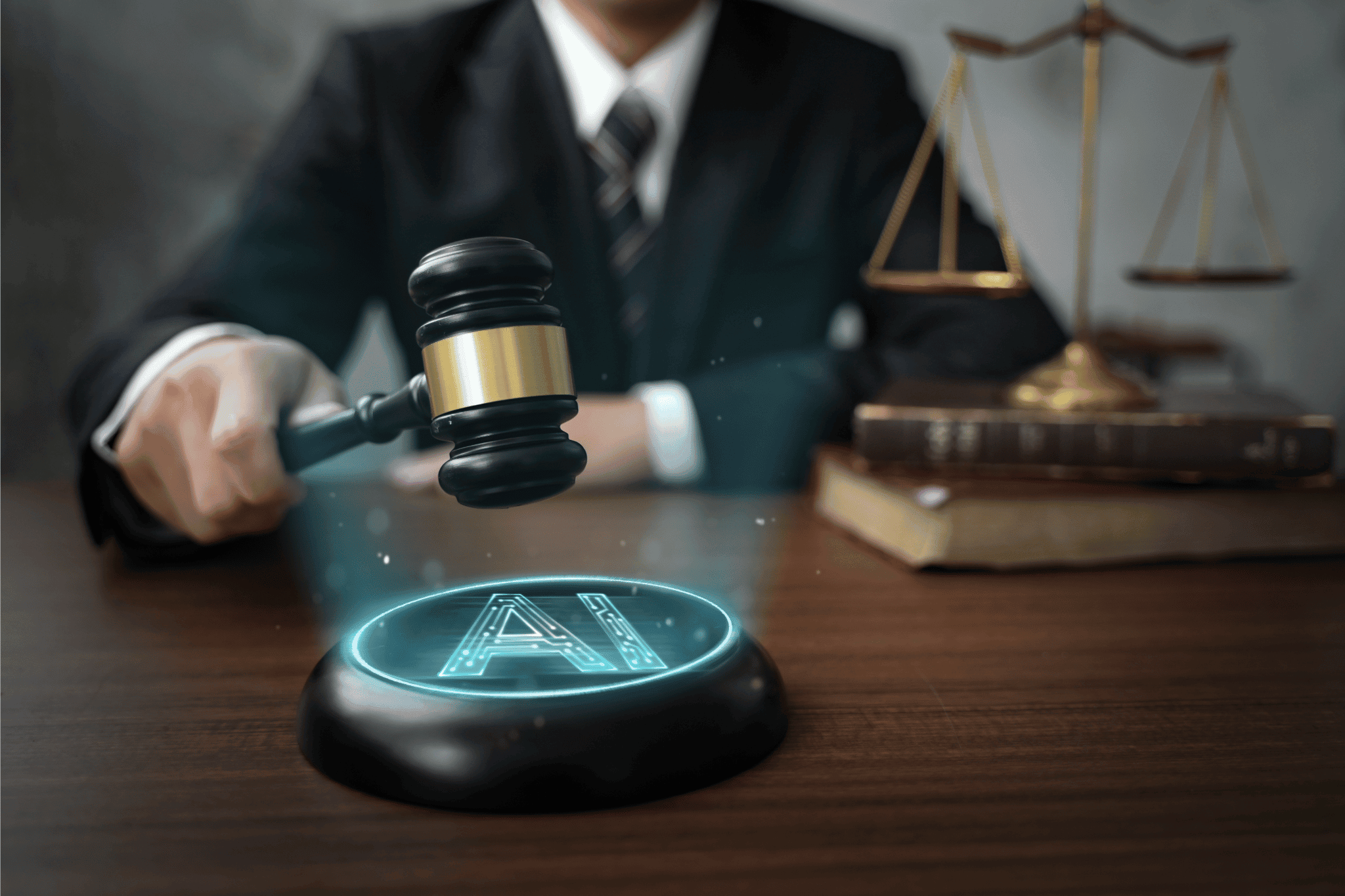Introduction
Personal injuries—be they from accidents, medical malpractice, or workplace incidents—can be life-altering. They not only impact the physical well-being of an individual but also take a significant toll on emotional and psychological health. When someone goes through such an experience, emotional support becomes a pivotal element in their recovery journey. But why is emotional support so crucial after a personal injury incident? This article delves into the importance of emotional support and how it plays an integral role in healing.
Why Emotional Support Matters After a Personal Injury Incident
When we talk about emotional support in the context of personal injury, we are referring to the comfort, understanding, and encouragement one receives from family, friends, therapists, or support groups during recovery. The aftermath of an injury can lead to feelings of isolation, anxiety, and depression. Emotional support acts as a buffer against these negative feelings.
The Psychological Impact of Personal Injuries
Let's face it: getting hurt is more than just physical pain. The psychological ramifications can be profound. Many individuals experience:

- Anxiety: Worrying about recovery time and future implications can create a constant state of stress. Depression: Feelings of hopelessness are common when one can't engage in activities they once enjoyed. Post-Traumatic Stress Disorder (PTSD): Some may even relive the traumatic event repeatedly.
Building Resilience Through Connection
Emotional support helps build resilience. When people feel connected to others who care for them, they are better equipped to handle life's challenges. This connection fosters hope and encourages individuals to persevere through their recovery process.
Types of Emotional Support Available
So where can you find this invaluable emotional support? It comes in various forms:
Family Support
Family members often serve as the initial source of emotional comfort. Their presence can provide a sense of security that’s hard to replicate elsewhere.
Friends and Social Networks
Having friends who check in regularly or spend time with you can lighten your emotional load significantly.
Professional Help
Therapists or counselors trained in dealing with trauma and personal injuries can offer specialized guidance tailored to your needs.
Support Groups
These groups bring together individuals with similar experiences, creating a sense of community that fosters healing.
How Emotional Support Speeds Up Recovery
The road to recovery from a personal injury is seldom linear; it has its ups and downs. Emotional support can smooth out those bumps along the way.
Encouragement Leads to Action
When you're feeling down, it’s easy to give up on therapy sessions or rehabilitation exercises. Having someone rooting for you can motivate you to stay committed.
Reduced Stress Levels
Emotional support has been shown to lower cortisol levels—the hormone associated with stress. A calm mind leads to better physical outcomes.
Enhanced Coping Mechanisms
People who receive emotional support often develop healthier coping strategies compared to those who go it alone. This includes techniques like mindfulness and meditation.
The Role of Communication in Emotional Support
Effective communication is vital for providing emotional support after a personal injury incident. It’s not just about being there physically; it's also about expressing understanding and empathy.
Listening vs. Advising
Sometimes all someone needs is for another person to listen without judgment rather than offering unsolicited advice.
Validating Feelings
Acknowledging another person's feelings makes them feel heard and understood—a cornerstone of effective emotional support.
Common Misconceptions About Emotional Support After Injury
Many myths surround the idea of seeking emotional help after sustaining an injury:
Misconception 1: It's Just About Feeling Sorry for Someone
While sympathy has its place, true emotional support involves active engagement in helping someone navigate their feelings.
Misconception 2: Only Therapy Counts as Support
Emotional support isn't limited to professional help; everyday kindness from friends and family matters just as much—if not more!

Practical Ways to Provide Emotional Support After an Injury
If you're looking to be there for someone who has experienced a personal injury incident, here are some practical tips:
Be Present: Sometimes just sitting beside them speaks volumes. Check-in Regularly: A simple text or call can show that you care. Encourage Professional Help: If they're struggling emotionally, gently suggest they talk to a therapist. Engage in Activities Together: Whether it's watching movies or going for walks, shared experiences foster connection. Offer Practical Help: Cooking meals or running errands takes some burden off their shoulders while showing your care.Creating a Safe Space for Healing
Creating a safe environment plays an essential role in supporting someone post-injury:
Physical Environment Matters
A tidy room filled with uplifting decor can contribute positively to one's mood during recovery.
Open Dialogue Encourages Honesty
Encouraging open discussions about fears allows individuals to express what they’re feeling without judgment.
Coping Mechanisms That Benefit From Emotional Support
Emotional support enhances several coping mechanisms that aid recovery:
- Mindfulness Techniques: Practicing mindfulness helps keep anxious thoughts at bay. Art Therapy: Expressing emotions creatively offers therapeutic benefits. Journaling: Writing down thoughts provides clarity and helps process emotions more effectively.
FAQ Section
1. What should I say when offering emotional support? You might say something like “I’m here for you” or “It’s okay not to be okay.” Simple affirmations can go a long way!
2. How do I know if someone needs emotional support? Look for signs like withdrawal from social interactions or changes in mood—these could indicate they need extra care right now.
3. Can professional therapy replace familial emotional support? While therapy is crucial for many people post-injury, family and friends provide irreplaceable comfort that complements professional help beautifully!

4. How long does one need emotional support after a personal injury? There’s no set timeline; everyone heals differently! Some may require ongoing assistance while others may bounce back quicker than expected.
5. Are there specific questions I should avoid asking? Steer clear of questions that might come off as intrusive or judgmental regarding their situation—focus instead on open-ended queries that encourage sharing!
6. Can group therapy replace individual therapy? Group therapy offers its unique benefits but doesn’t replace individual therapy—both serve different purposes depending on one’s needs!
Conclusion
Emotional support stands as one of the cornerstones for healing following personal injuries—it makes all the difference! Whether through family connections, peer relationships, professional counseling, or community gatherings, fostering supportive environments promotes resilience during tough times.
In navigating complex emotions brought on by trauma, remember this phrase: You don’t have to walk this path alone! Reaching out not only enriches your own journey but strengthens bonds within your community accident lawyer too—a win-win situation for everyone involved! So let’s prioritize mental health alongside physical well-being because why shouldn’t healing encompass every aspect?
Whether you're supporting someone else or seeking help yourself after an incident, understand this fundamental truth: In times of vulnerability lies incredible potential for growth through human connection—and that's what makes life beautiful!